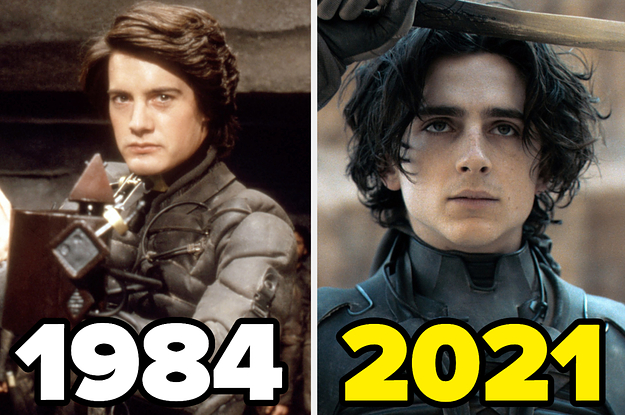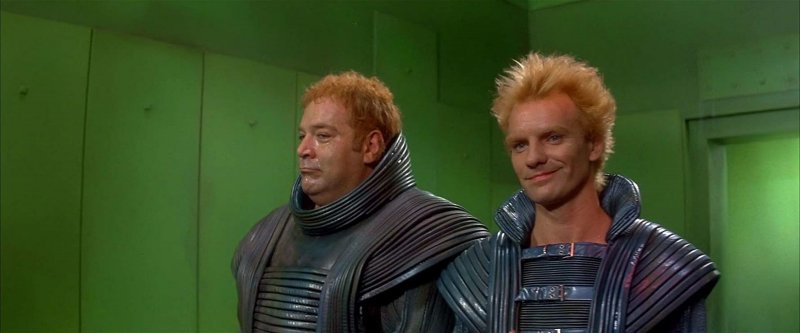

And I love textures.”ĭune represented a chance to explore the textures of not one world but several. In many ways, Herbert had created an internal adventure, one with a lot of emotional and physical textures. Dune was different it had believable characterizations and depth. For me, there was just too much on the surface in that film, and nothing else.

I’d seen Star Wars, of course but to be honest, I wasn’t all that crazy about it. “When I finished the novel,” Lynch told Cinefex in an article published in the magazine’s April 1985 edition, “I was just knocked out. Lynch became involved in 1981 after the father-daughter producing team of Dino De Laurentiis and Raffaella De Laurentiis reached out. But if Lynch knew that the source material had already proved daunting to others he chose to ignore it. Jacobs, Alejandro Jodorowsky, and Ridley Scott had all previously put considerable effort into adapting Dune only for the projects not to work out. Twenty Reasons to Love ‘Mulholland Drive,’ 20 Years Later Yet while he wasn’t much of a science fiction fan, he saw possibilities when he was offered a shot at Dune. This opened up opportunities for even higher-profile projects, like Return of the Jedi, which Lynch turned down because he feared he couldn’t put his own stamp on it, telling the Associated Press in 1984 that “ had already designed three quarters of it” by the time he was approached.
#DUNE 1984 MOVIE#
By the early ’80s, he’d earned underground acclaim for his short films and midnight movie classic Eraserhead, and even wider recognition for his 1980 film The Elephant Man, based on a pair of books about the life of Joseph Merrick. Lynch didn’t take the assignment on a whim. Without Dune, the David Lynch filmography as we know it would not exist, even if that filmography now finds little room for Dune. But it’s also a film that draws on what Lynch had done before and informs what he’ll do in the future. The film’s actors struggle to define their characters between delivering exposition and sharing space with an expansive cast. As a narrative, it’s a disaster, inviting confusion within its first moments and growing muddier as it rushes to an almost perversely anticlimactic finale. Lynch’s film has its defenders but, on a fundamental level, it’s tough to defend too vigorously. But almost unavoidably, it will have a better reception and a less tattered legacy, than Lynch’s Dune. Most likely, as with all adaptations of beloved novels, it will prove divisive. What posterity will make of Denis Villeneuve’s ambitious new take on Dune remains to be seen. Or, maybe more accurately, a foothill overshadowed by the revered work Lynch created before and after he explored the far-future world of Frank Herbert’s book. Dune has become a virtual footnote in Lynch’s career. When that movie confounds critics and flops at the box office, people tend not to forget too soon. When you make a $40 million adaptation of a landmark science fiction novel whose theatrical release is preceded by considerable hype, action figures, coloring books, and bedsheets, people tend to take notice. David Lynch doesn’t talk about Dune much anymore, but the 1984 film once threatened to define him.


 0 kommentar(er)
0 kommentar(er)
